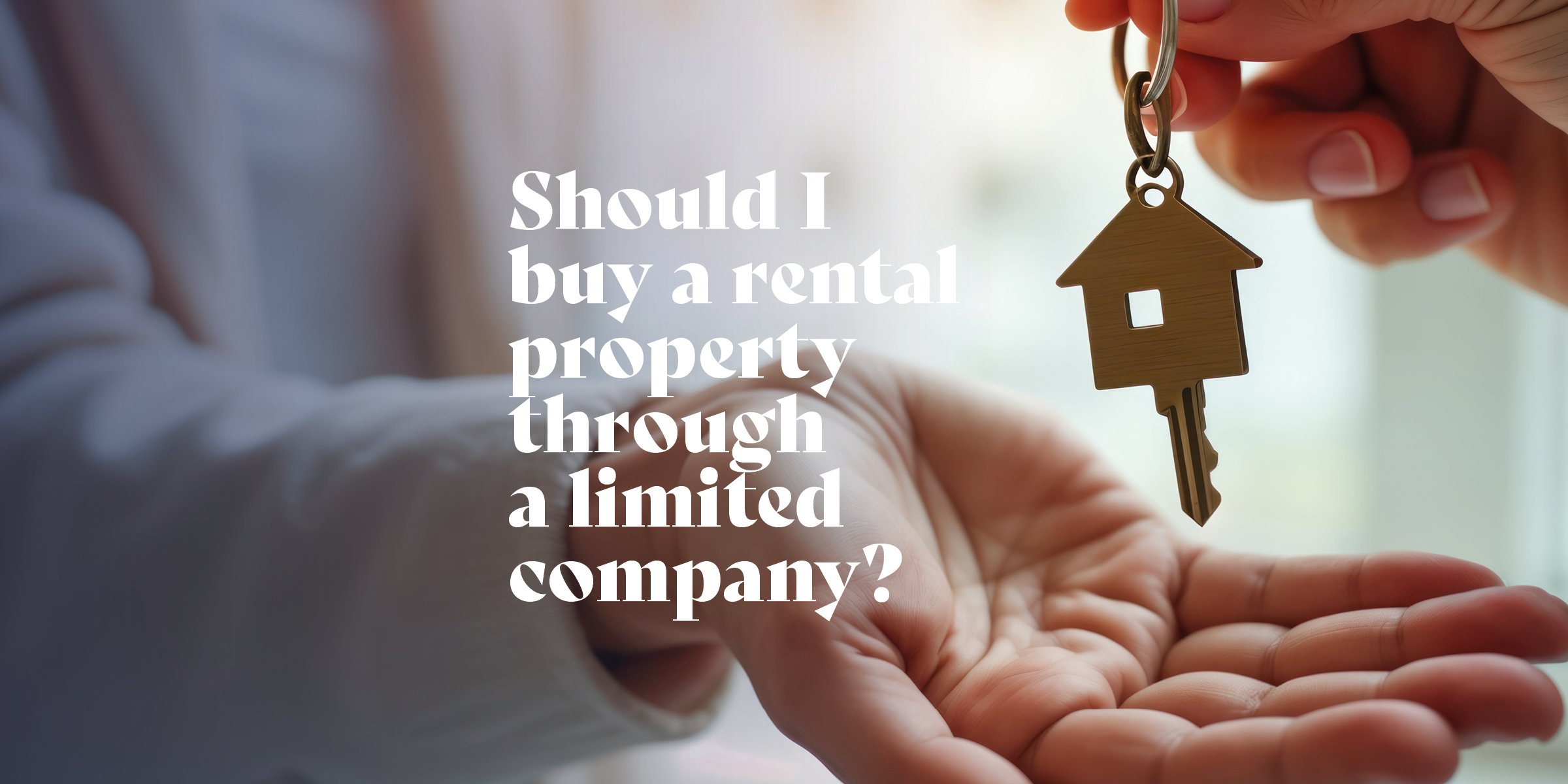Menu
close

If you’re a landlord or planning to buy your first rental property, you’ve probably asked this question: Should I buy property in my own name or through a limited company?
In our latest Business Success Conversation, Michael and Edith break down the key differences that landlords need to understand, from tax implications to legal consequences.
There are three main ways to own property for rental:
Each has its own rules, but the big factor is tax, mortgage interest relief.
Here’s where many landlords get caught out.
It sounds like a no-brainer, but it's not that simple.
If you move a property into a limited company:
Many landlords jump into this structure to reduce tax without understanding the hidden costs, and end up worse off.

Even once a property is owned by a company, some landlords fall into another trap: treating the company account like a personal wallet.
Paying for holidays, school fees or personal expenses from the company bank account can leave you with an overdrawn Director’s Loan Account, which may lead to:
If you’re not tracking this on your balance sheet or cloud software, you won’t see it coming.
Homes of Multiple Occupancy (HMOs) follow similar tax rules to residential rentals, but they carry more legal obligations.
From a financial perspective:
We can’t stress this enough:
'Just because something looks good for tax doesn’t mean it’s right for your business.'
We’ve seen too many landlords make costly decisions because they didn’t seek advice first.
Whether you’re new to property or already managing a portfolio, we’ll help you understand the true costs, risks, and opportunities of each structure.
📍 Thinking about buying your next property?
📞 Speak to us before you do.